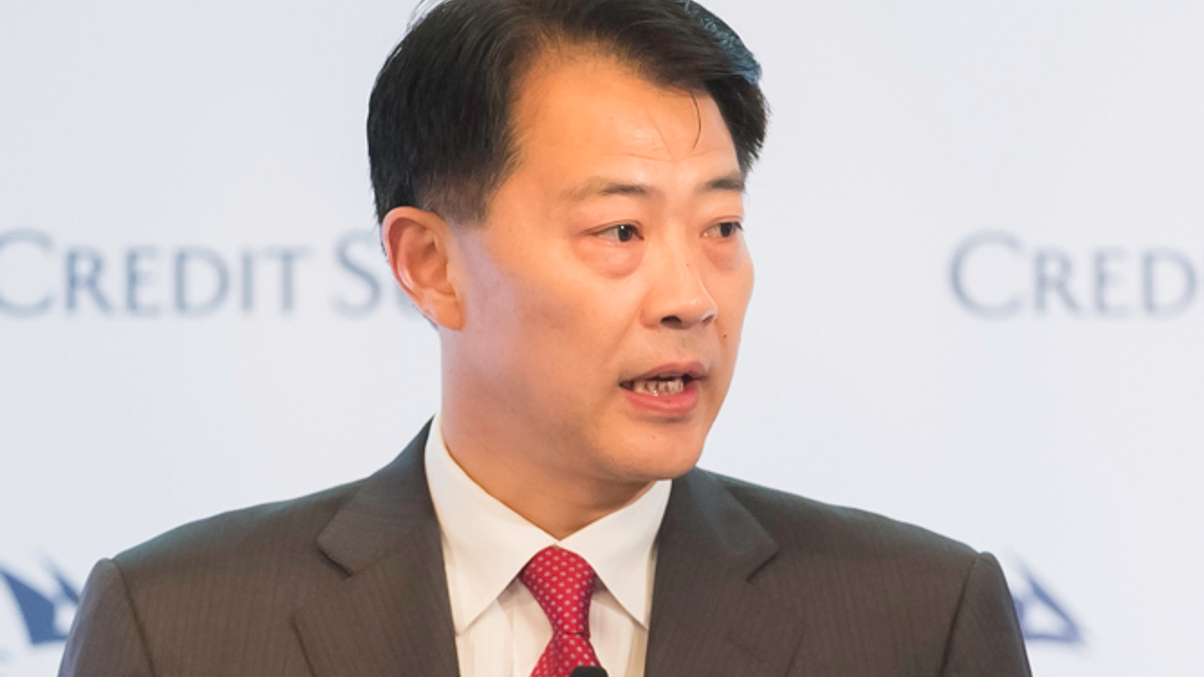CIC eyes agriculture, tips H2 China growth
Li Xiaopeng says China Investment Corporation favours infrastructure, property, agriculture and IT assets. He also expects Chinese GDP growth to pick up this year. Credit Suisse is less optimistic.

China’s sovereign wealth fund has singled out global agricultural investments as a particular area of interest, with other favoured sectors including information technology, real estate and infrastructure.
Sign in to read on!
Registered users get 2 free articles in 30 days.
Subscribers have full unlimited access to AsianInvestor
Not signed up? New users get 2 free articles per month, plus a 7-day unlimited free trial.
¬ Haymarket Media Limited. All rights reserved.


